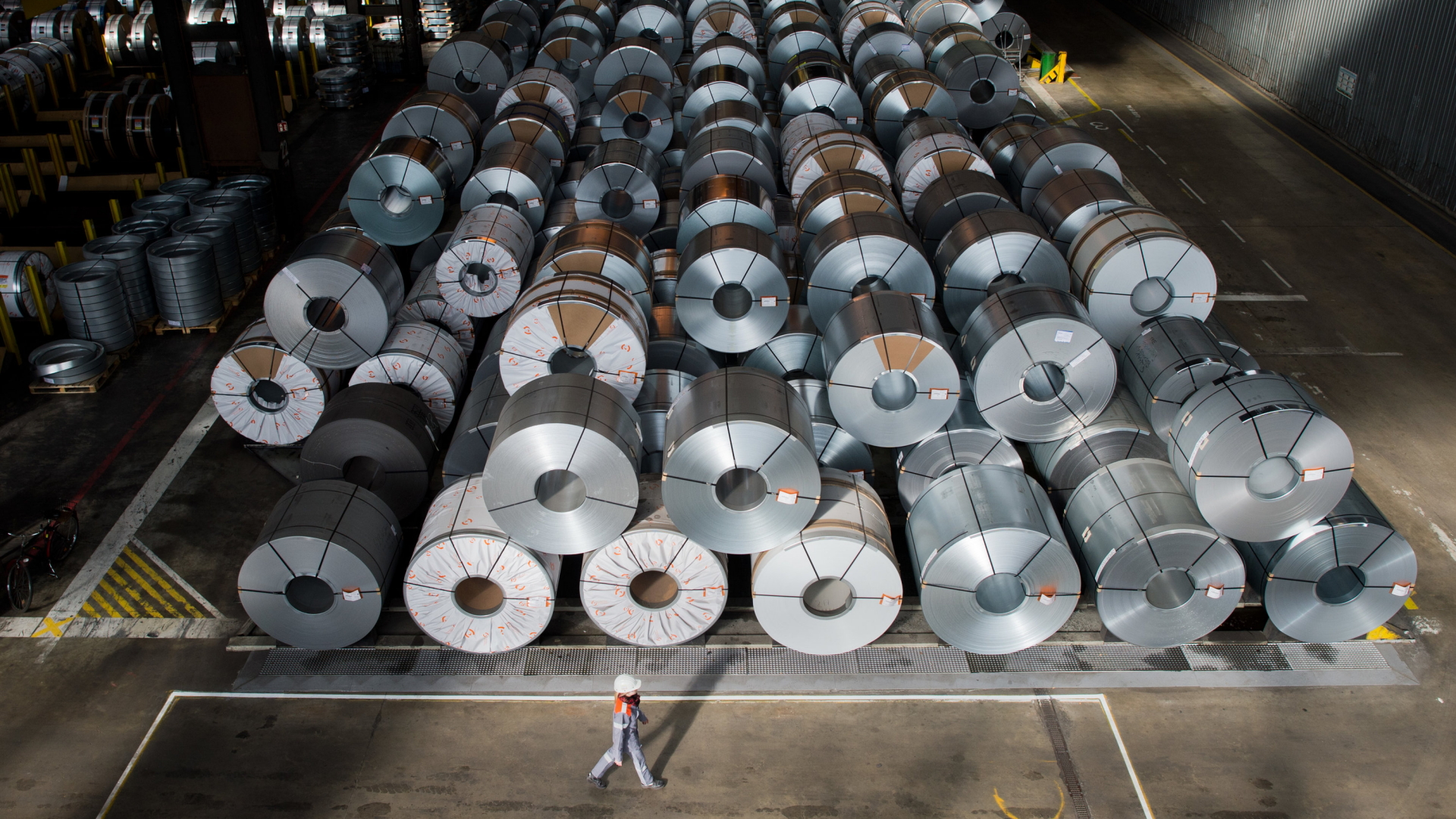Central bankers in Central Europe have focused on raising interest rates in the fight against rapidly rising inflation. This is supported by global supply problems and rising energy costs, but also by growing consumer demand and the tight labor market situation, which is pushing up wage increases.
According to the estimate of the local statistical office, the inflation rate in Poland was 6.8 percent in October and increased by one percentage point compared to September. Analysts expect further growth, to seven to eight percent.
“The Polish central bank must continue to tighten, and I think these figures increase the likelihood that we will see a further increase in interest rates in November,” said analyst Piotr Bielski of Santander Bank Polska. According to him, an increase of half a percentage point can be expected.
Polish bankers were approaching interest rates more cautiously for fear of slowing down the economic recovery. However, when the inflation rate rose to its maximum in decades, they reported a surprising increase of 0.4 percentage points to 0.5 percent.
–
–
Poland thus followed the central banks in Hungary and the Czech Republic, which raised rates in June. Romania has also raised interest rates, which is also trying to curb price pressures.
The European Central Bank (ECB) describes the sharp rise in inflation as temporary. However, bankers in Central Europe fear that the rise in inflation expectations will take root.
The Hungarian central bank continues to raise interest rates, and Vice Governor Barnabás Virág said that a tense labor market, rising wages and cost shocks are a dangerous mix.

–
–
In September, the Czech National Bank (CNB) raised its key interest rate by 0.75 percentage point to 1.5 percent. According to analysts, it is possible that at the November meeting of the CNB Bank Board, interest rates will increase at the same rate. The latest data on gross domestic product (GDP) for the third quarter did not change expectations much, although they showed a slowdown in growth as industry faces lower external demand and supply problems.
“The (Czech) economy performed slightly worse than expected in the third quarter and is likely to slow down this quarter as well. However, this is unlikely to prevent further significant tightening of monetary policy,” Capital Economics analysts said.
– .

